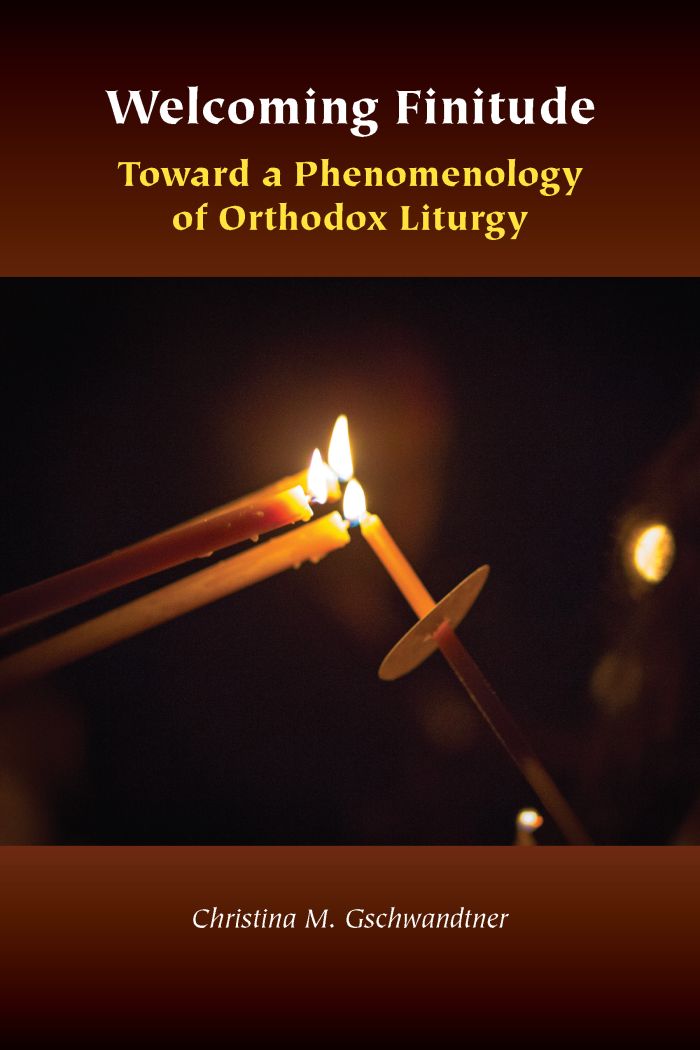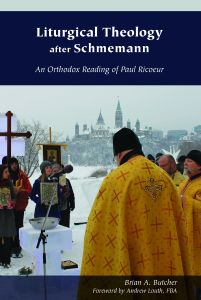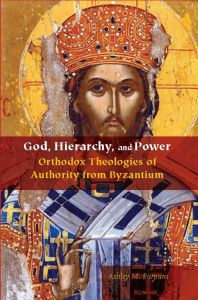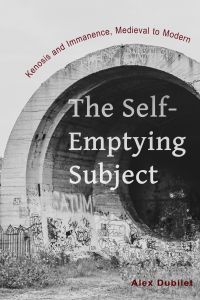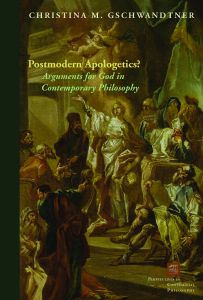Welcoming Finitude
Toward a Phenomenology of Orthodox Liturgy

Fordham University Press
This book can be opened with

What does it mean to experience and engage in religious ritual? How does liturgy structure time and space? How do our bodies move within liturgy, and what impact does it have on our senses? How does the experience of ritual affect us and shape our emotions or dispositions? How is liturgy experienced as a communal event, and how does it form the identity of those who participate in it? Welcoming Finitude explores these broader questions about religious experience by focusing on the manifestation of liturgical experience in the Eastern Christian tradition. Drawing on the methodological tools of contemporary phenomenology and on insights from liturgical theology, the book constitutes a philosophical exploration of Orthodox liturgical experience.
Gschwandtner writes with a welcome transparency and obvious wellspring of knowledge that runs extremely deep. . . . [S]cholars of whatever sort will find food for thought in Gschwandtner’s work and an addition to the subfield of the phenomenology of religion that is ready for comparison with other studies that either do not overtly cover liturgical matters or do so from a differing tradition.—Phenomenological Reviews
Preface | ix
Acknowledgments | xxi
Introduction | 1
1 Temporality | 31
2 Spatiality | 57
3 Corporeality | 80
4 Sensoriality | 101
5 Affectivity | 125
6 Community | 146
7 Intentionality | 167
Conclusion | 189
Notes | 205
Bibliography | 275
Index | 299

